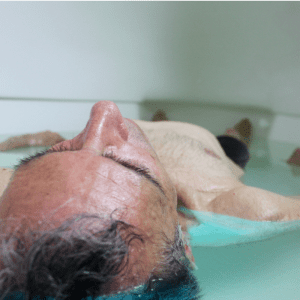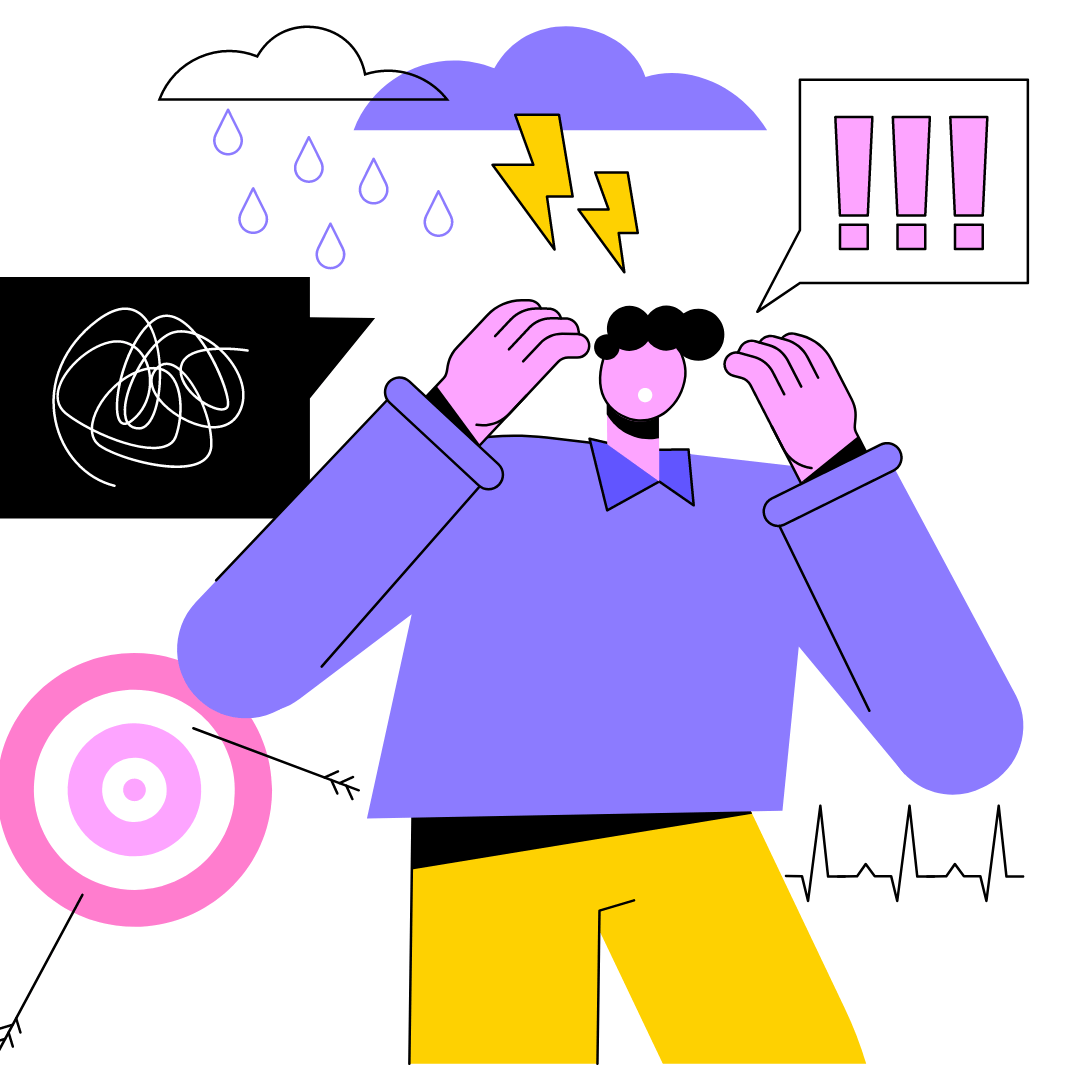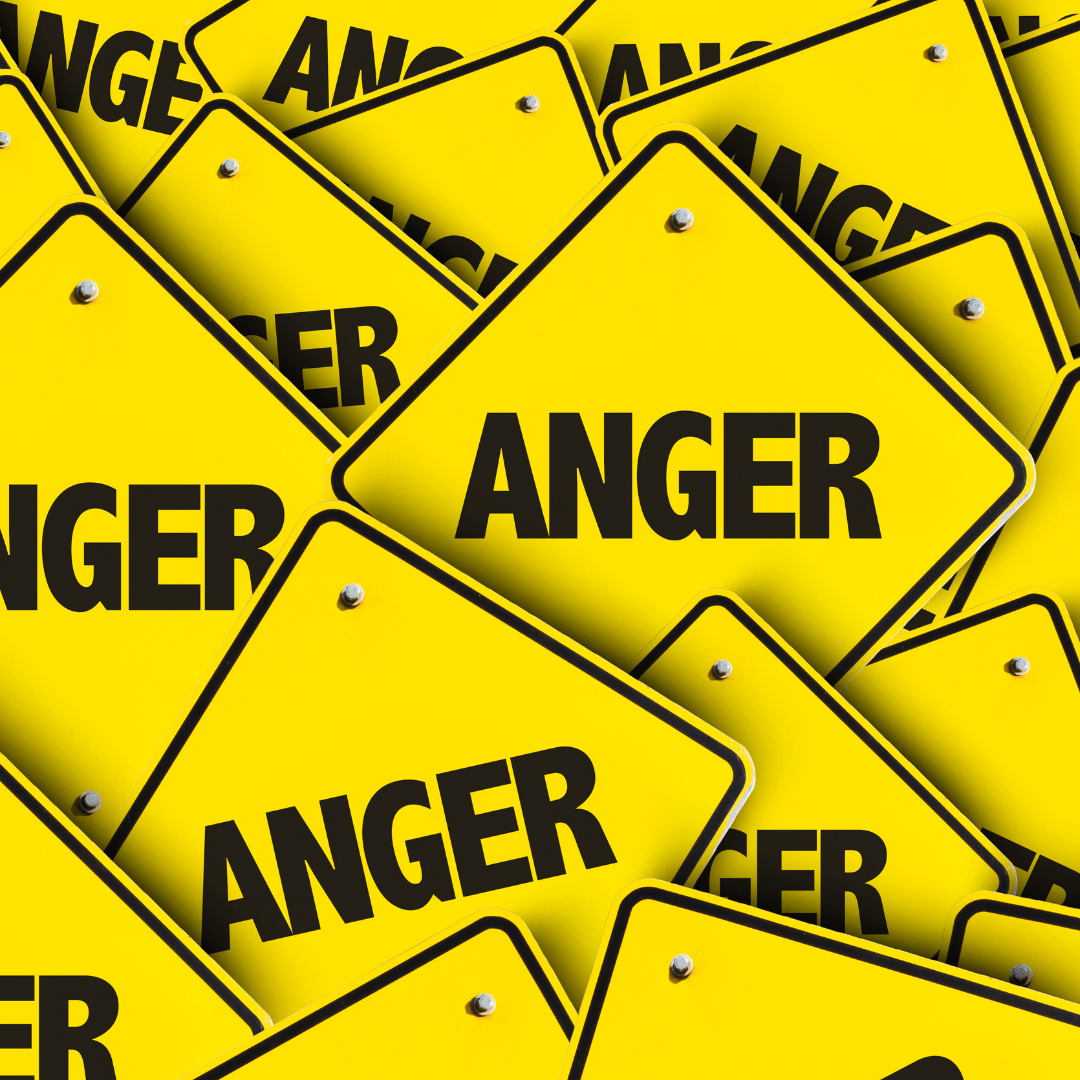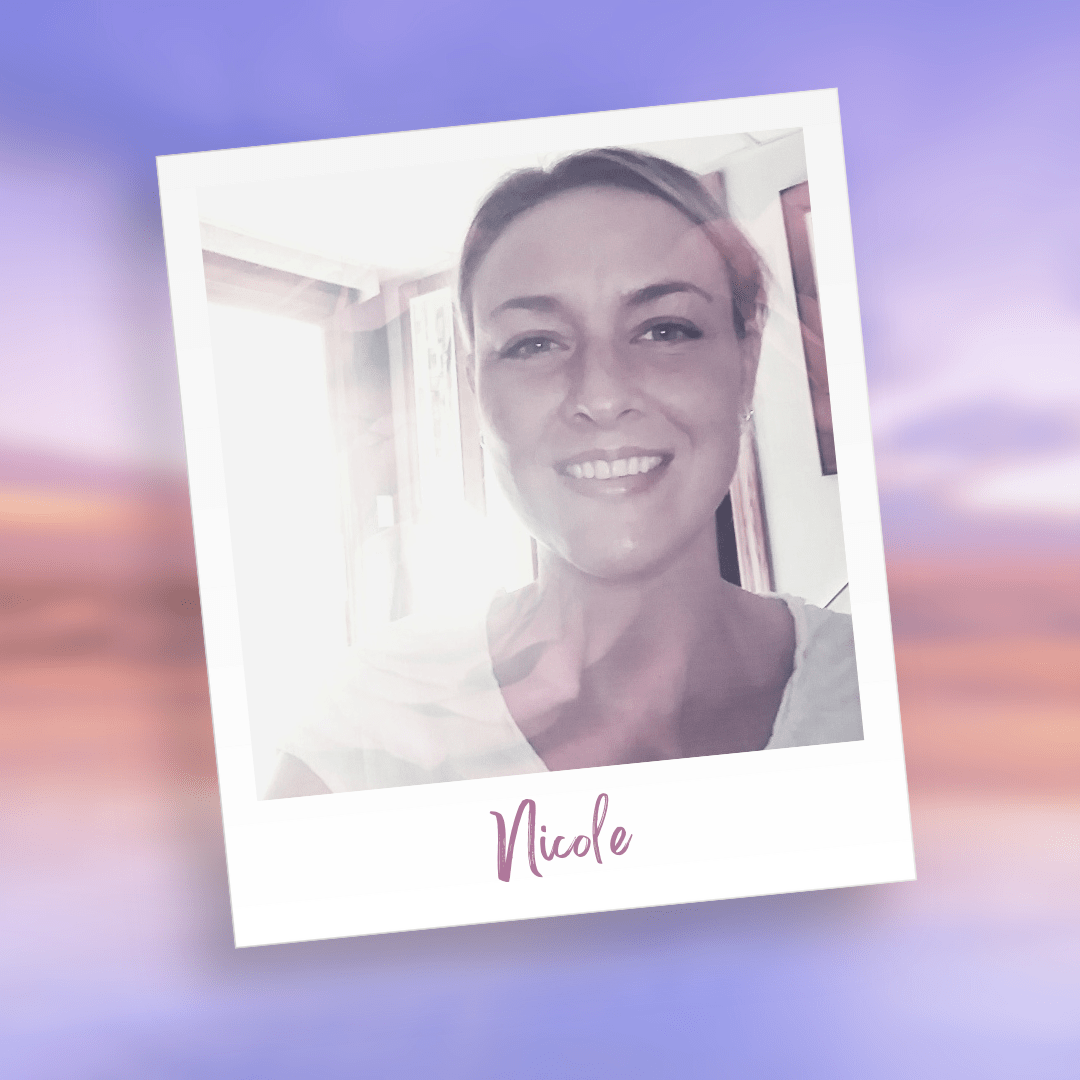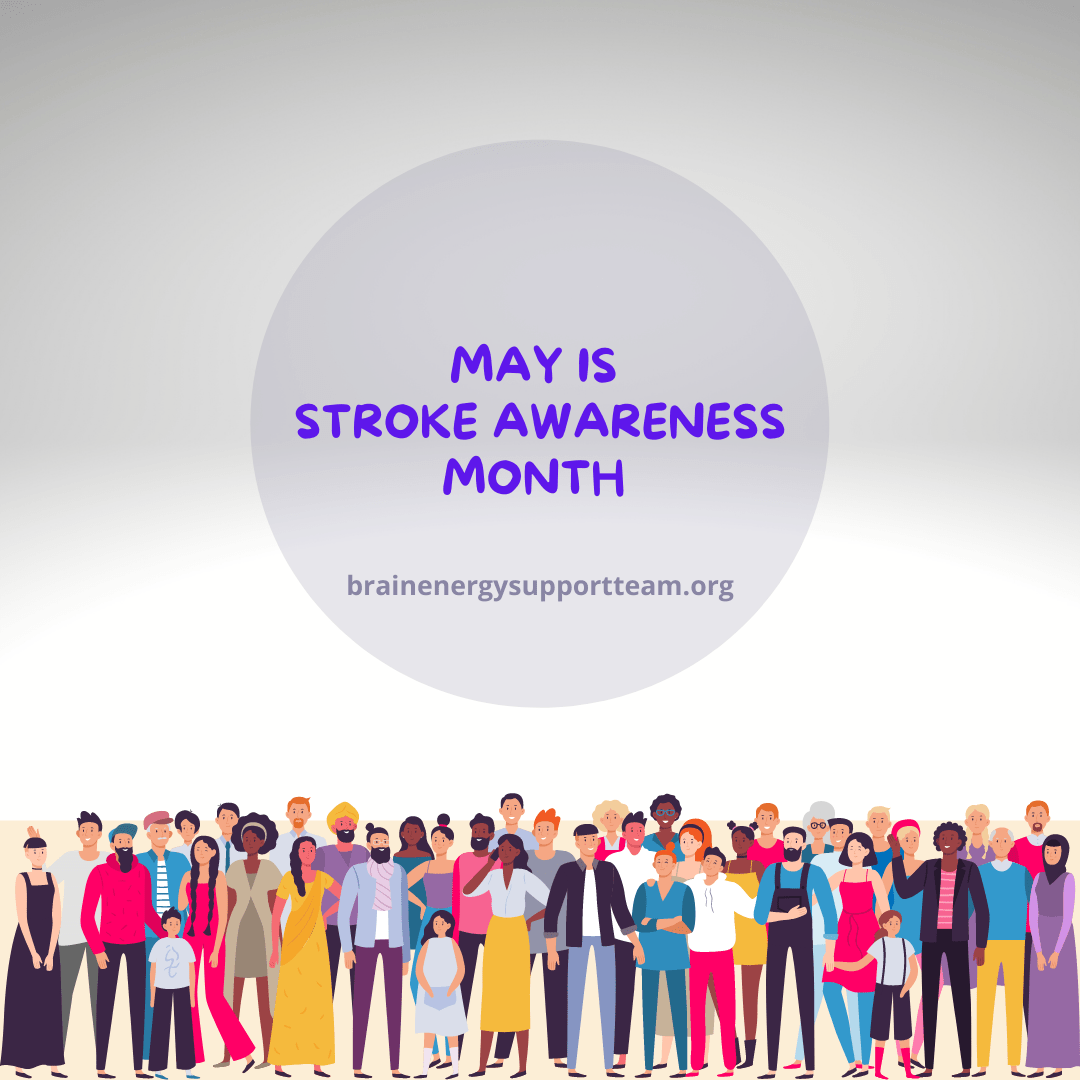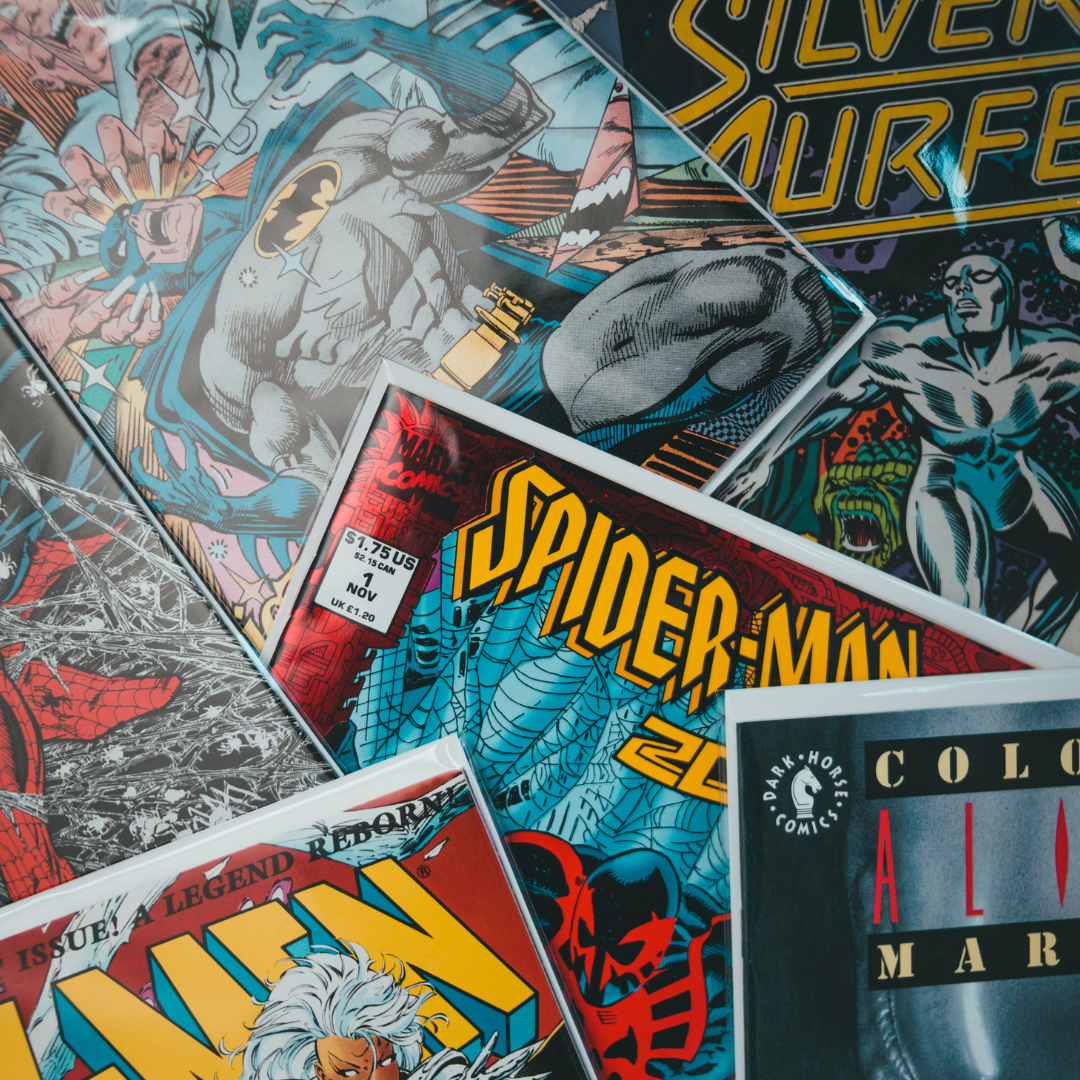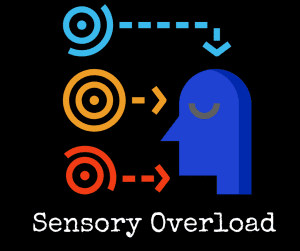 (Editor’s note: Writer and stroke survivor, Isaac Peterson, shares his experiences with sensory overload, something common to brain injury survivors. He also offers some solutions that have helped him manage it, too. KT)
(Editor’s note: Writer and stroke survivor, Isaac Peterson, shares his experiences with sensory overload, something common to brain injury survivors. He also offers some solutions that have helped him manage it, too. KT)
Imagine a world where everything seems designed to cause maximum discomfort and irritation. A world of unbearably bright lights, excruciating sounds, and intolerably large crowds of painfully noisy people.
Welcome to my world, the one I live in now, since my traumatic brain injury (TBI). What I, and other TBI survivors, experience as part of our new normal, is known as sensory overload.
The world we live in hasn’t changed, but we have.
Sensory overload is a real thing; medical professionals (loosely) define it as this: when one or more of the body’s senses experiences over-stimulation from the environment.
Sensory overload happens when our surrounding environment gives our brains more input than it can handle—and let me tell you from personal experience, it is the opposite of fun.
To people who have to live with it, it’s like cramming ten pounds of stuff into a one pound bag. Lots of people besides TBI survivors can experience sensory overload, like people with autism, Post-Traumatic Stress Disorder (PTSD), or fibromyalgia.
Some of the things I go through when my senses get overloaded are trouble focusing, irritability, restlessness, feeling wound up, stress, and anxiety.
Bright lights and loud, continuous noises can reduce me to a quivering mass of Jell-O. The teenagers across the street with huge bass speakers almost drive me to do something drastic that would be the lead story on the local evening news. I don’t even listen to music I like when I’m writing; my brain tells me there is more going on than it can handle and it goes on vacation.
It’s not so bad sometimes, but there are times I feel like I’m drowning in a sea of light and sound. It gets frustrating sometimes when I feel like I want to run, then realize there’s no place I can run to.
Normal, every day things can be overwhelming and keep my nerves constantly on edge. I needed new lenses for my eyeglasses not long ago, for example. When the optometrist shined the bright light into my eyes, I came pretty close to ripping the armrests out of the chair.
The live-in caregiver where I reside burned the meal she was preparing a few days ago and the loud high, piercing sound of the fire alarm was like the sound of a whole roomful of chalkboards with fingernails slowly scraping across them.
Don’t even think about trying to get me to go with you shopping on Black Friday, the biggest shopping day of the year. That’s a battle you’ll never win.
Want to go to a sporting event, a concert, or a casino? Forget it—those places are like a perfect storm of sound, light, and big crowds of people, all guaranteed to turn me into a basket case. You’ll be going alone, because I’d rather be anywhere else doing something less stressful.
I can’t really advise anyone on how to avoid sensory overload other than to avoid situations where you know you will be overloaded, or to try to minimize your exposure. Like when you’re in one of those situations we all get sucked into, like being dragged to a party or a family reunion or something. One of the only self-preservation measures I can suggest is take frequent breaks and go to a quieter room, or go outside as needed.
That just reminded me of something I can strongly recommend: sensory deprivation tanks. Have you ever heard of them?
Basically a sensory deprivation tank is a soundproof chamber with no light, and I mean absolutely no light whatsoever.
The idea is to completely cut off all sensory stimulation. You pretty much are floating—the tank has a solution of salty water that cuts off your sense of touch. I mean, between the soundproof chamber, the total lack of light, and the floating, there is absolutely no sensory stimulation at all (if you have any cuts or scrapes on your skin, you will want to make sure to cover them with Vaseline first, or the salt water will sting the living heck out of you).
What happens when your brain is receiving no sensory stimulation, it will stimulate itself. When you get rid of the crush of all the stuff that our environment is full of, your brain will put you in a frame of mind where you can completely relax, to a deep and refreshing meditative step.
You don’t even need to know how to meditate—your mind will know what to do.
You will get to know yourself like you never thought was possible, as all the parts of your brain are now free to talk to each other and to you. You will see amazing visions, as well as actually hear some of your own internal workings in action.
And none of this stimulation is stressful or concerning. It’s your mind operating on an entirely different level, and in an entirely different way, than you are used to. You will completely lose track of time, but an employee will come and get you when your time is up.
I know all this because I’ve experienced it a lot of times myself.
You will come out more relaxed than you can ever remember feeling, in both your mind and your body. Sensory deprivation is the exact opposite of sensory overload—as discomforting as sensory overload is, deprivation is on the complete opposite end of that scale.
I just used the Google machine and just used the search terms, sensory deprivation and up popped several results for businesses in my state near me that have those chambers for use by the public (they charge money though, which is the only drawback).
I recommend the experience and I hope it’s something you will try out, even if you don’t have a traumatic brain injury.
Tell them some guy named Isaac sent you and settle in for one of the most fantastic experiences you will ever have—getting away from sensory overload.
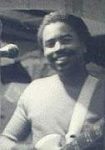
Isaac Peterson grew up on an Air Force base near Cheyenne, Wyoming. After graduating from the University of Wyoming, he embarked on a career as an award-winning investigative journalist and as a semi-professional musician in the Twin Cities, the place he called home on and off for 35 years. He also doesn’t mind it at all if someone offers to pick up his restaurant tab. Peterson also welcomes reader comments. Email him at isaac3rd@gmail.com.

